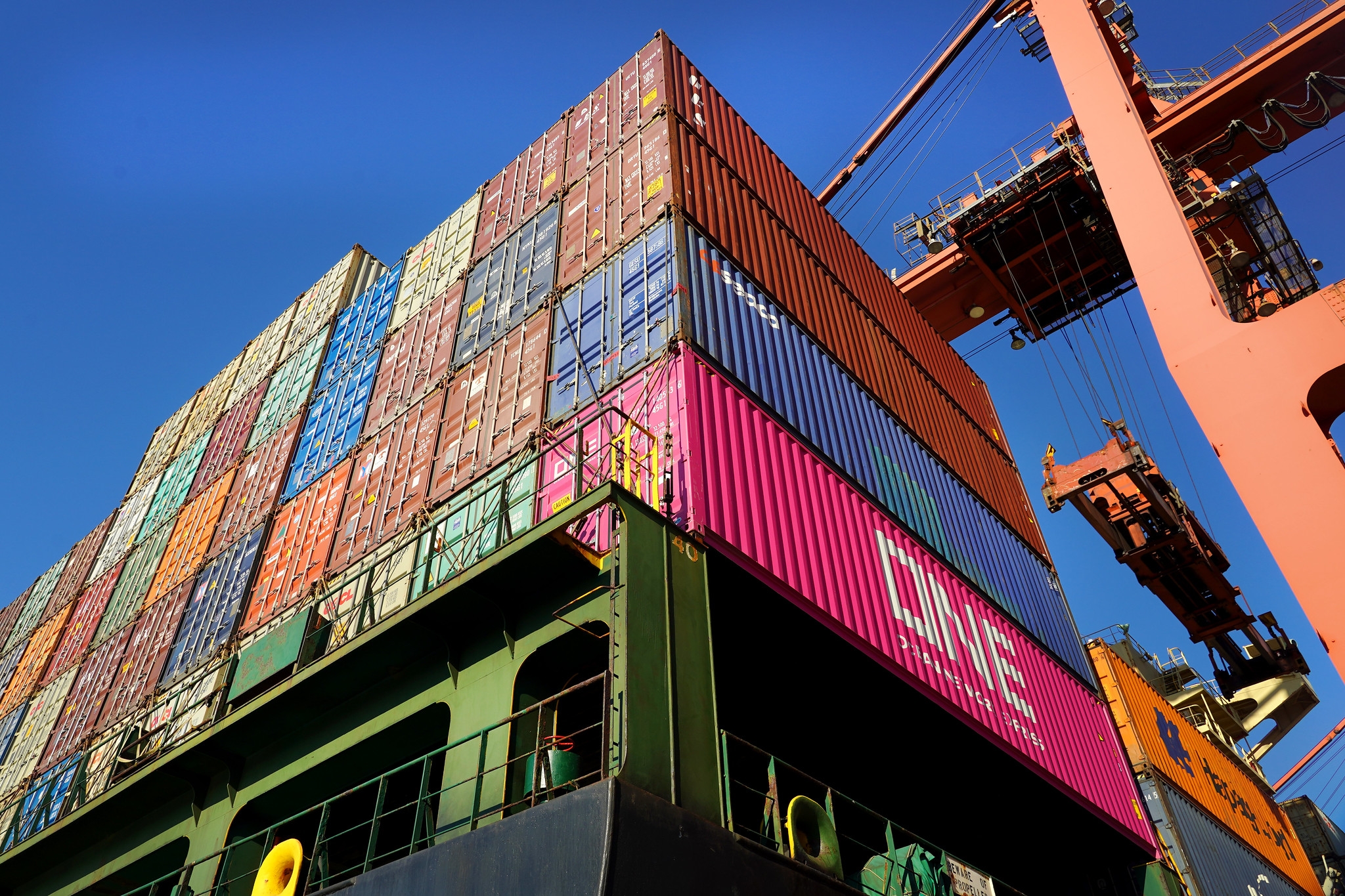
The purpose of this project is to conduct a comprehensive assessment to refine strategies supporting small-scale cross-border traders (SSCBTs), especially women and youth in Zambia, Malawi, and Tanzania to promote safe trade. The assessment will cover the following elements: (i) identifying priority agri-food products for young and women SSCBTs and the specific SPS challenges faced by these traders in the these value chains; (ii) conducting an in-depth gender analysis to better understand specific gender needs, challenges and opportunities related to the SPS challenges identified; (iii) conducting consultations with SSBTs, in particular women and youth, on the reason(s) why they prefer to trade through informal channels; and (iv) conducting aa cost-benefit analysis of formalization for these SSCBTs.
Agriculture is a major source of exports in the Southern African Development Community (SADC) region, contributing approximately 13% to total export earnings and 66% to intraregional trade. It is also strategic for industrialization, political stability, and socioeconomic growth, contributing between 4% and 27% of gross domestic product (GDP) of Member States. 70% of the region's population depend on agriculture for food, income, and employment[1].
In Malawi, Tanzania and Zambia small-scale cross-border trade (SSCBT) of agri-food and plant- products is particularly important for women and youth's income and livelihood. Women represent 60% of the small-scale informal cross-border trade in the region[2], and they often face significant challenges in complying with SPS requirements due to lack of skills and access to resources[3]. These challenges include limited access to trade-related information such as those related to the importing countries' SPS requirements, limited access to capacity building opportunities, limited resources to cover the costs of compliance with SPS requirements due to the smaller sizes of their businesses and fixed-costs associated with compliance, limited access to quality inputs, limited access to skills, etc.[4] As a result, these SSCBTs prefer to trade through informal channels, which poses more risks of spread of pests and diseases across borders.
[1] FAO, 2023. Key sanitary and phytosanitary issues constraining the efficient movement of agricultural products at the South African Development Community regional ports of entry and exit and how to address them
[2] UNCTAD, 2019. Borderline: Women in informal cross-border trade in Malawi, the United Republic of Tanzania, and Zambia.
[3] Henson, S. 2018. Gender and Sanitary and Phytosanitary Measures in the Context of Trade: A Review of Issues and Policy Recommendations, ICTSD and World Bank, 2011. Women and Trade in Africa: Realizing the Potential.
[4] Brenton, P. and Soprano, C. 2018. Small-scale cross-border trade in Africa: Why it matters and how it should be supported. ICTSD.